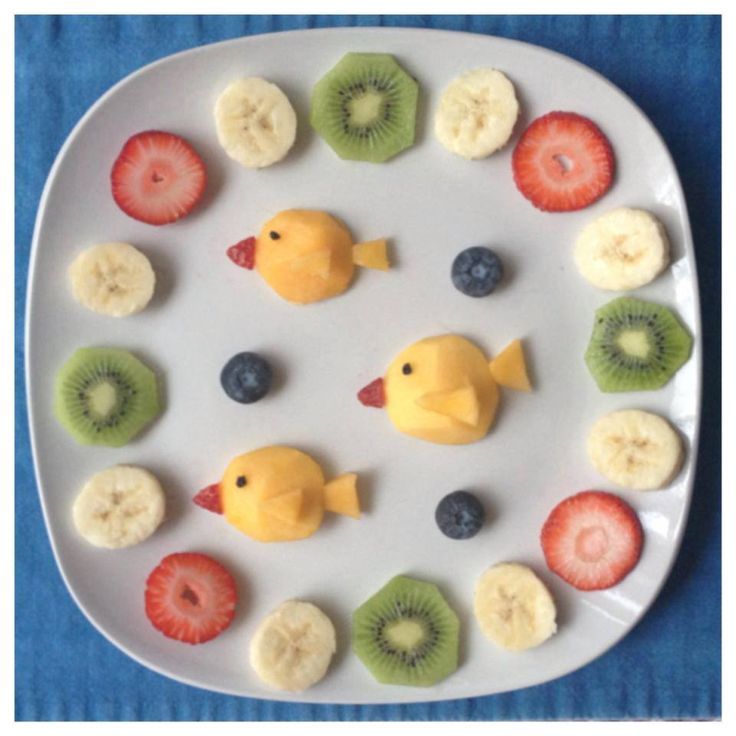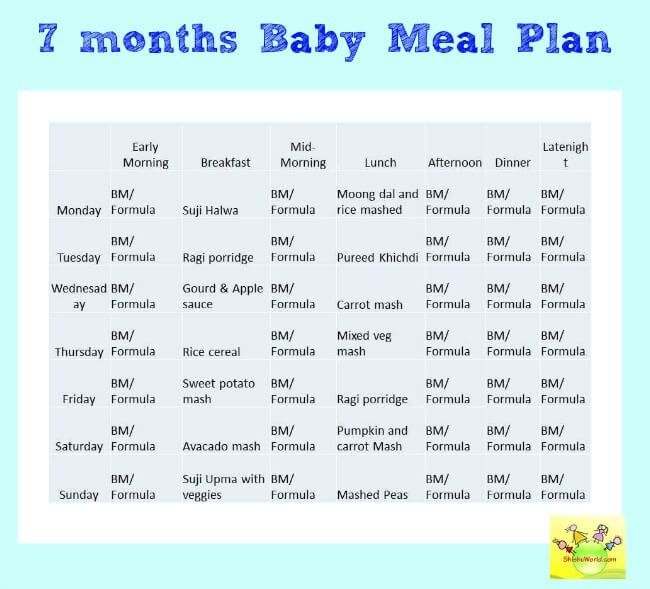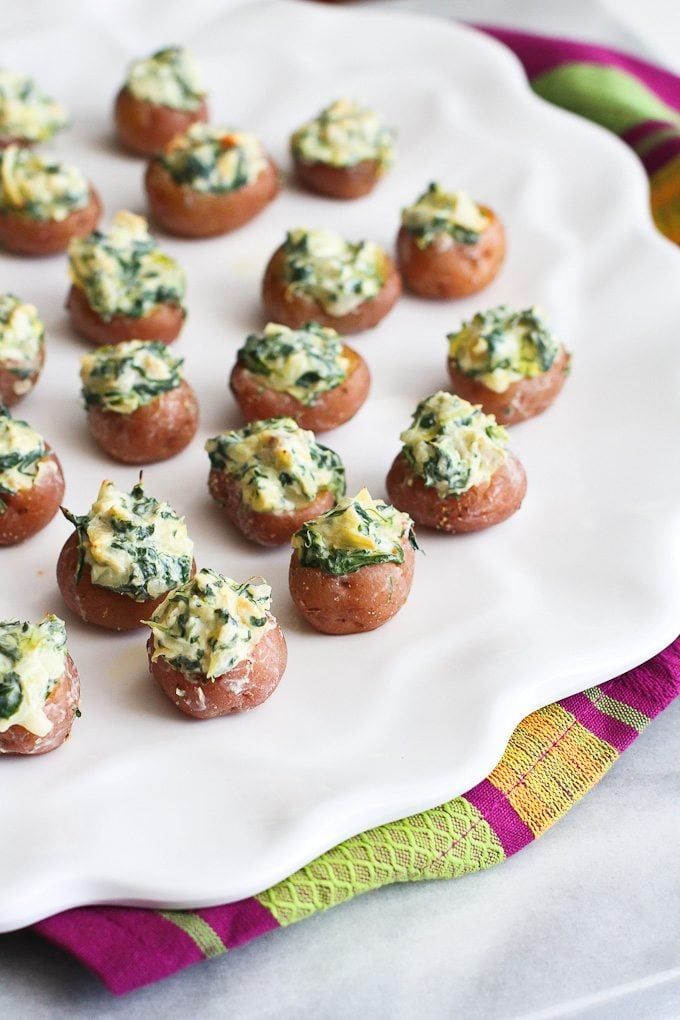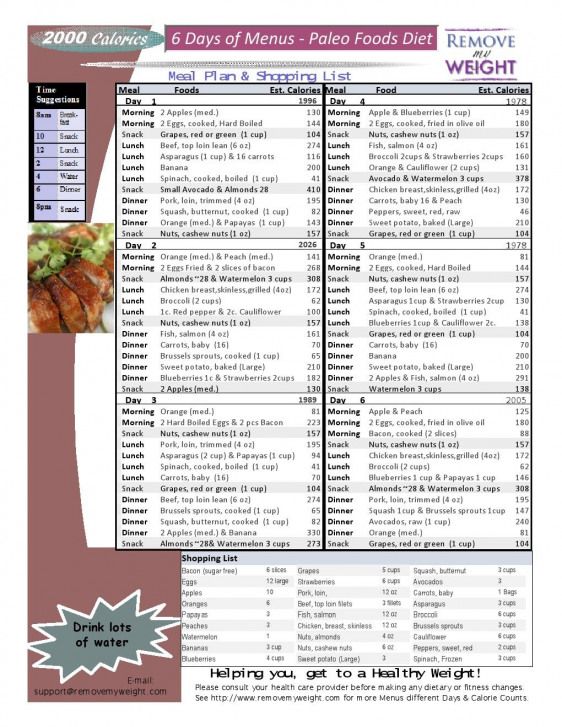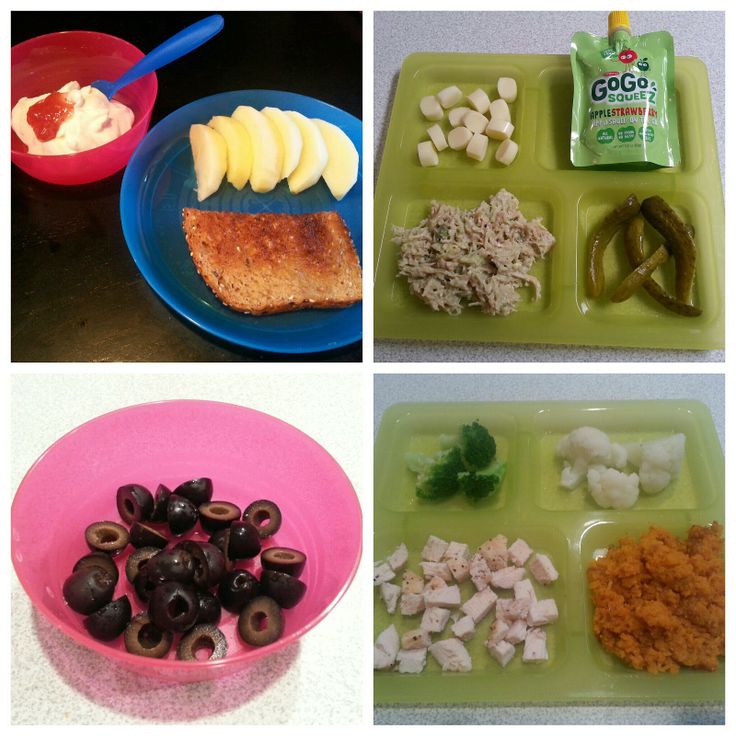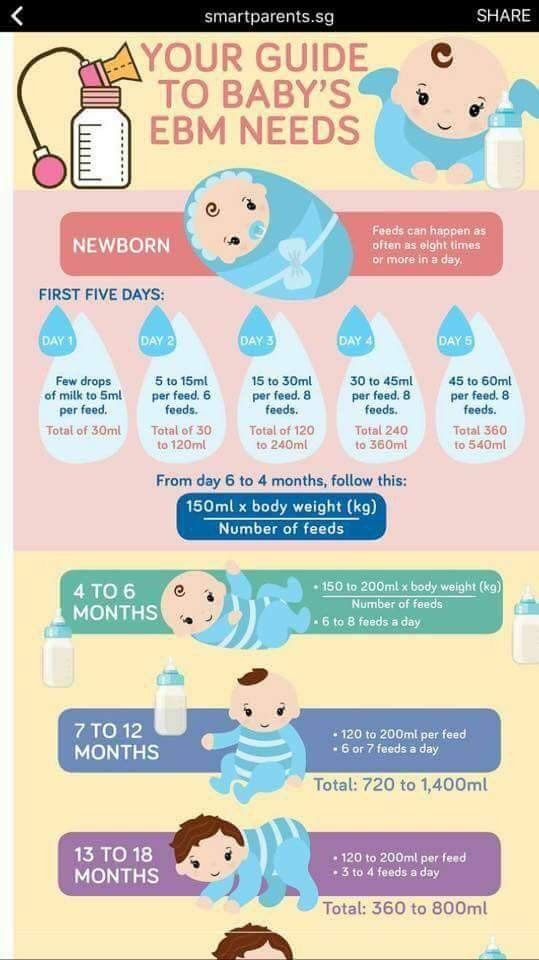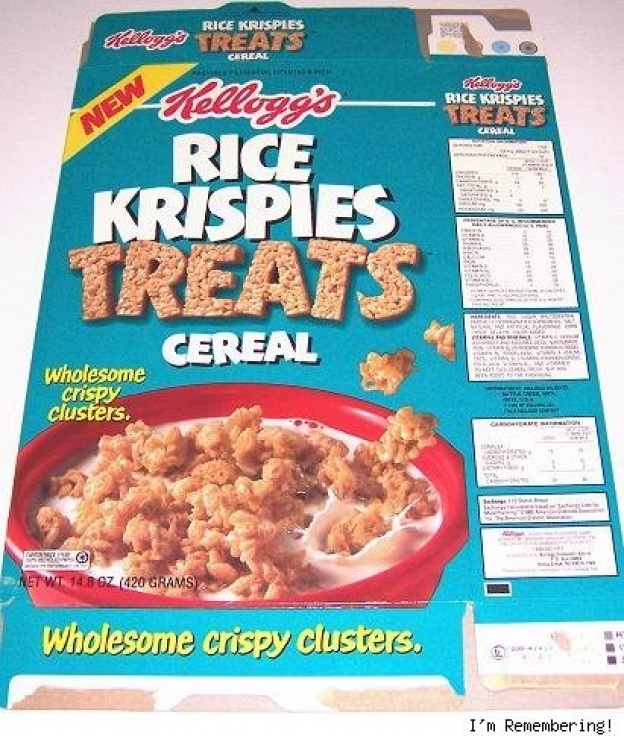Gross baby food
Gross Facts About Baby Food
Gross Facts About Baby FoodCommercial baby food did not exist until the 1920s, and if you're wondering what babies ate before then, they simply ate foods prepared at home or soft canned foods. When a mother who got tired of making baby food at home thought up the concept of baby food that came from factories, a booming industry was born.
But there are a lot of gross things about baby food when you really look closely at it. The gross factor goes way beyond the mushy texture. This list contains facts about baby food, including how baby food is made, and you might be surprised at what's in those little jars. It's no surprise that there's now a movement to start making baby food at home again. Take a look at these baby food facts and see why.
One of the First Flavors Was Liver Soup
Photo
:
condesign / Pixabay / CC0 1.
0
Gerber thought liver soup was a great baby food, because the taste was "pleasingly bland," and liver is rich in vitamins and iron. Liver might be a nutritious food, but whether its taste is "pleasingly bland" is questionable.
It's Only Half as Nutritious as Homemade Baby Food
Photo
:
ponce_photography / Pixabay / CC0 1.0
A study that came out in 2013 concluded that store-bought baby foods only provide about half the nutrients that homemade meals for babies provide. This makes sense when you think about it; it's pretty much universally acknowledged that fresh foods are healthier for adults than processed foods.
Rice Cereal Could Lead to Obesity
Photo
:
Republica / Pixabay / CC0 1.
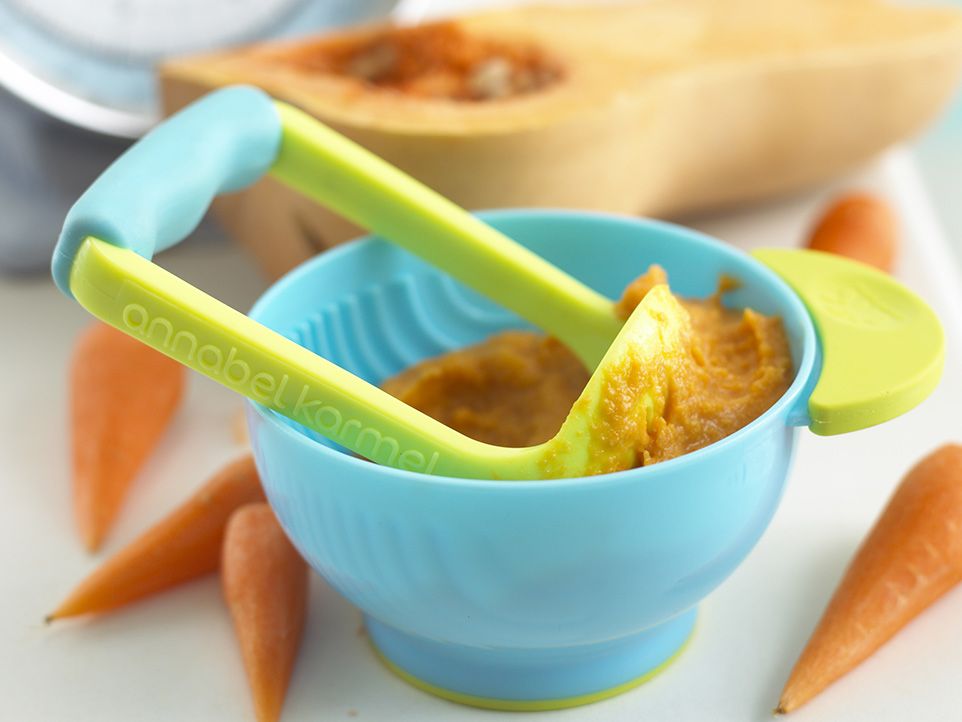 0
0White rice cereal is often the first food given to babies after breast milk or formula, but Dr. Alan Greene, a pediatrician at Stanford University, is trying to change that. Greene argues that white rice cereal is "basically like feeding kids a spoonful of sugar." Greene thinks that this encourages children to develop a taste for unhealthy processed grains with no fiber, like white rice, white bread, and white pasta.
It Has a Lot of Unnecessary Ingredients
Photo
:
ParentingPatch / via Wikimedia Commons / CC BY-SA 3.0
It's common for baby food manufacturers to add rice flour or corn flour to their products to thicken them. Additionally, water is listed as the first ingredient in a lot of baby foods. While some water is necessary to puree solid food, using it as the primary ingredient deprives the food of nutritional value.
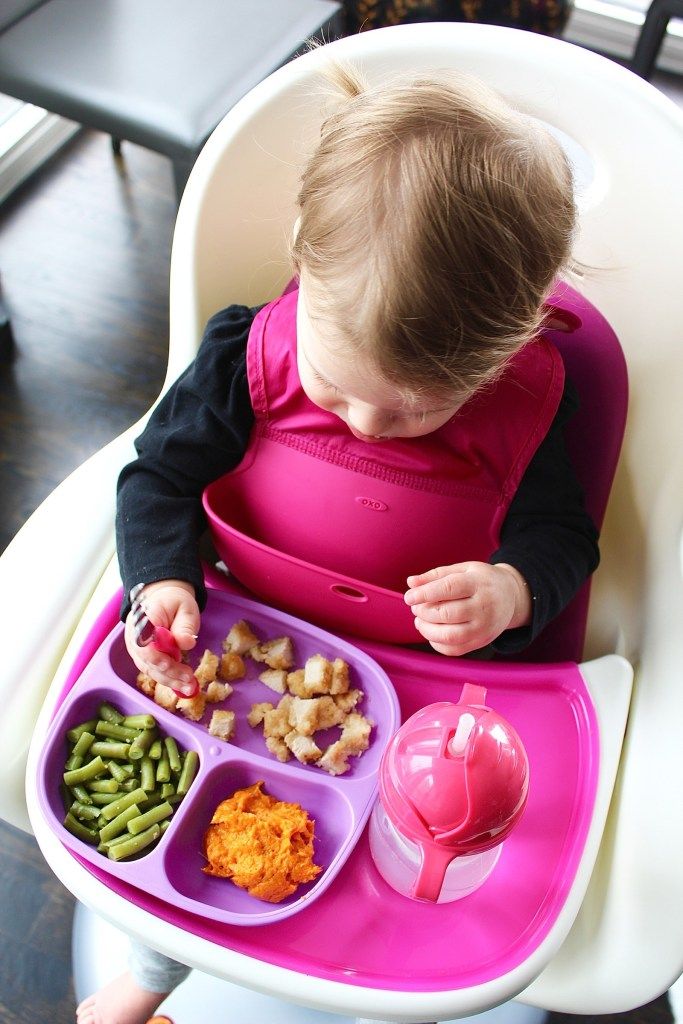
10 Popular Baby Food Flavors, Ranked Yummiest To Grossest By A Mom
When a not-so-little-anymore little one reaches the exciting phase of starting solids, parents are usually a bit more excited about this new phase than their little ones. But trying new things can be an exciting experience for everyone involved.
RELATED: 10 Healthy Snacks Your Picky Toddler Will Love
And with all the first food options it can be a little tough to pick just one flavor for a baby's first solid. But, since moms know their little ones and the look on a baby's face at the first taste of his or her first solid food is kind of priceless, take a look at this list of yummiest to grossest solid foods for a little food-spiration.
10/10 Bananas
Call mom crazy, but bananas seem to be the yummiest choice for baby's first solid food. They are sweet and soft enough for toothless mouths, pretty bright in color and they smell nice. What's not to love? With so many choices of baby food on the market it may be hard to choose just one but judging by the faces babies make, bananas is one of the safest options he or she is sure to love.
9/10 The Orange Root
If mom is feeling more veggie-friendly for baby's first solid, think carrots. They are high in beta carotene which is great for helping your little one develop great eyesight, not to mention that they are sweet tasting yet really healthy. If jarred goods aren't really mom's thing, try steaming the real deal for a while until they're soft. For an extra kick, they can even be mixed with baby's milk of choice.
8/10 The Saucy Apple
Apple sauce is such a fun "big boy or girl" choice for baby's first solids. Also, the added spices in apple sauce, like cinnamon, are great to expose your little one to at an early age, not to mention cinnamon's natural antibacterial properties which are great for fighting off yucky illnesses young babies are prone to getting before their immune systems are fully developed.
7/10 Super Food Avocado
When it comes to a baby's first, avocado, depending on the season and availability should be one of the first.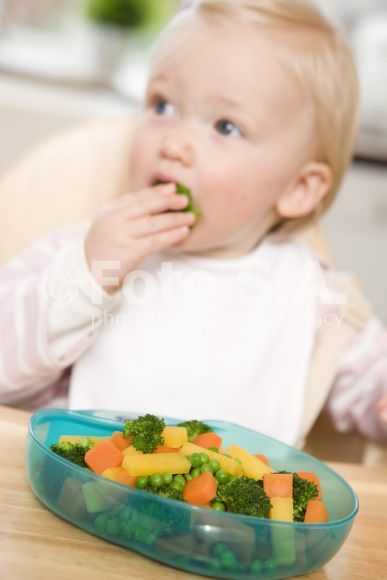 The creamy texture and numerous health benefits is bound to make the famous super-food, avocado a crowd-pleaser. Some moms have found that on occasion babies don't care for the taste, while other babies grin and eat it up, which is why it's ranked in the middle of our list. So give it a try, and let your little one decide.
The creamy texture and numerous health benefits is bound to make the famous super-food, avocado a crowd-pleaser. Some moms have found that on occasion babies don't care for the taste, while other babies grin and eat it up, which is why it's ranked in the middle of our list. So give it a try, and let your little one decide.
6/10 The Sweet Potato
For an iron-rich, fiber-intense, baby food, check out the sweet potato. Most babies really like the earthy nature of the sweet potato and of course the sweetness which is not too overpowering.
RELATED: 10 Easy Snack Ideas For New Moms
Most stores carry sweet potato as a baby food option, but if you're feeling adventurous steam the potato and mash it up for baby to try. This is lower on our list so mom makes no guarantees that he or she will love it, but of all the baby food flavors available this is by far one of the better choices.
5/10 Boom! Splat! Squash!
For the coolest onomatopoeia that also doubles as a vegetable, try squash for baby's first solid. Enjoy making a squashing sound while he or she is eating. There are at least 8 types of common squash mom can find around town, most commonly during Autumn, it's hard to go wrong with this as a baby food. Consider erring on the sweeter side for firsts, however. Think: butternut squash or pumpkin to start. Again this isn't all baby's cup of tea so you never know.
Enjoy making a squashing sound while he or she is eating. There are at least 8 types of common squash mom can find around town, most commonly during Autumn, it's hard to go wrong with this as a baby food. Consider erring on the sweeter side for firsts, however. Think: butternut squash or pumpkin to start. Again this isn't all baby's cup of tea so you never know.
4/10 Rice Cereal
Mom isn't sure if it's the texture or just her tots that enjoy frowning up his and her faces at the sight of rice cereal, but this one is definitely ranked grosser on the list of common baby foods.
RELATED: 10 Easy Breakfast Ideas For New Moms
To be fair, there are many different kinds of cereal on the market, which is not to say that your little one will dislike all of the types of rice cereal available, but from mom's perspective the consistency needs to be just right and tricks, like adding milk instead of water or mixing off the heat, can really make all the difference.
3/10 The Pea Sized Vegetable
Peas! Okay if we're being honest it can be difficult to find any child, from baby to pre-adolescent that gets excited about eating their peas.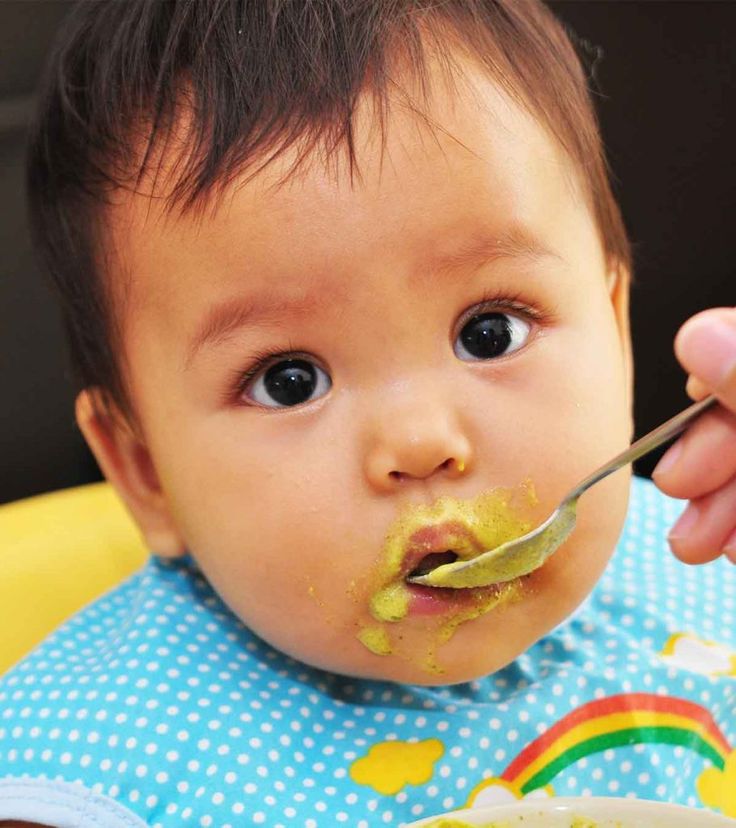 Unfortunately for moms who are looking for a first baby food, that same sentiment applies. Many babies just do not care for peas. Perhaps it's the pea skin that slips off when mashed, or maybe it's just the way they taste, but many babies spit out their servings of peas.
Unfortunately for moms who are looking for a first baby food, that same sentiment applies. Many babies just do not care for peas. Perhaps it's the pea skin that slips off when mashed, or maybe it's just the way they taste, but many babies spit out their servings of peas.
2/10 Spinach
If it was good enough for Popeye why not good enough for the baby? Well, for the jarred baby food spinach in the grocery store, sometimes there is a strange smell, one can't be entirely sure if this is the reason little ones shy away from the leafy green, but it's certainly off-putting to mom.
RELATED: 10 Meals To Batch Cook For The Fourth Trimester
For the real deal, i.e. the non jarred stuff, it's almost impossible to get the strands ground up into a creamy texture, suitable for a first baby food. Some add cream to make this a non-factor. Either way, most babies frown up and do a hard pass on the stuff.
1/10 Beans
Yuck! Okay maybe not yuck entirely, but, many moms have found that their little ones do not like beans at all for a first form of solid food.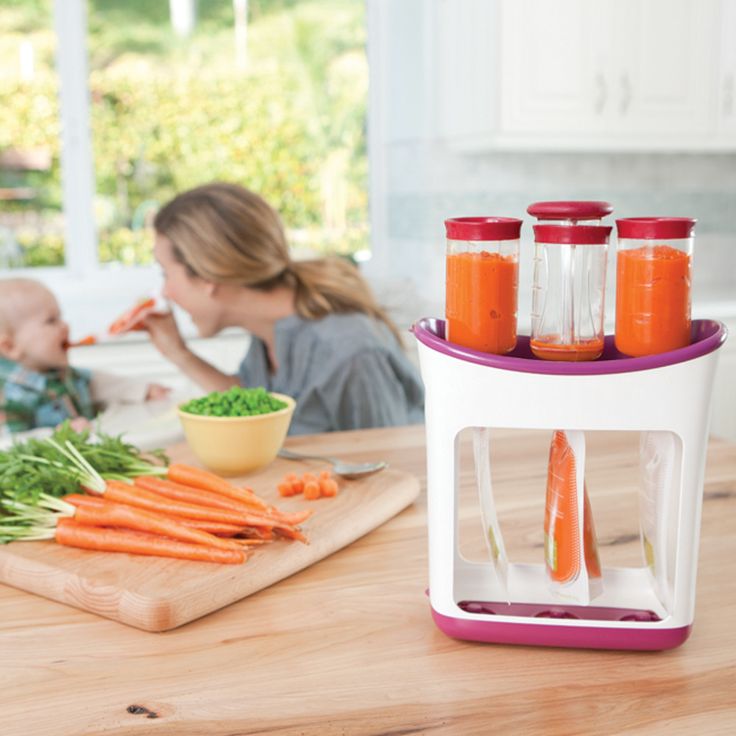 Sure, they can be mashed and made baby edible, but beans are far from being baby's first choice of food. Although there may be hundreds of varieties of beans very few are on the sweeter side, which generally is baby's preference since they are somewhat born with a sweet palate. Happy first solids!
Sure, they can be mashed and made baby edible, but beans are far from being baby's first choice of food. Although there may be hundreds of varieties of beans very few are on the sweeter side, which generally is baby's preference since they are somewhat born with a sweet palate. Happy first solids!
NEXT: 10 Things To Know About Babies & Food Allergies
Harm of baby food in jars
Jars with ready-made puree surprise not only with high demand, but also with an assortment. Fruit, berry, vegetable, with meat, cereals, cream - under each brand there are dozens of items. In a previous publication, we talked in detail about 5 reasons for the popularity of baby puree in jars, and today we will consider the likely harm that such food can cause to a child's body.
Nutritionists, pediatricians and parents disagree on this issue. There are three strong arguments against portioned canned food.
Taste different from homemade food.
The difficulty of weaning a child from a homogeneous consistency.
Unpredictable quality.
How does baby food taste in jars?
Even if a characteristic pop is heard when opening the container, parents still have to taste the food they offer their child. Many are surprised at how strange the content is. It is clear that most purees do not contain salt, sugar, flavoring additives. But they often turn out to be not just bland, but unnatural, too different from those that mothers cook on their own.
The reason for this is the merciless grinding and intense heat treatment that precedes vacuum packaging. However, it is very difficult to transfer a child from such refined food to a common family table. What will be the taste specificity of food in the first months of complementary foods will determine future preferences and the ability to organize healthy baby food at school age.
The child is too lazy to chew
Baby purees under different brands also differ in consistency.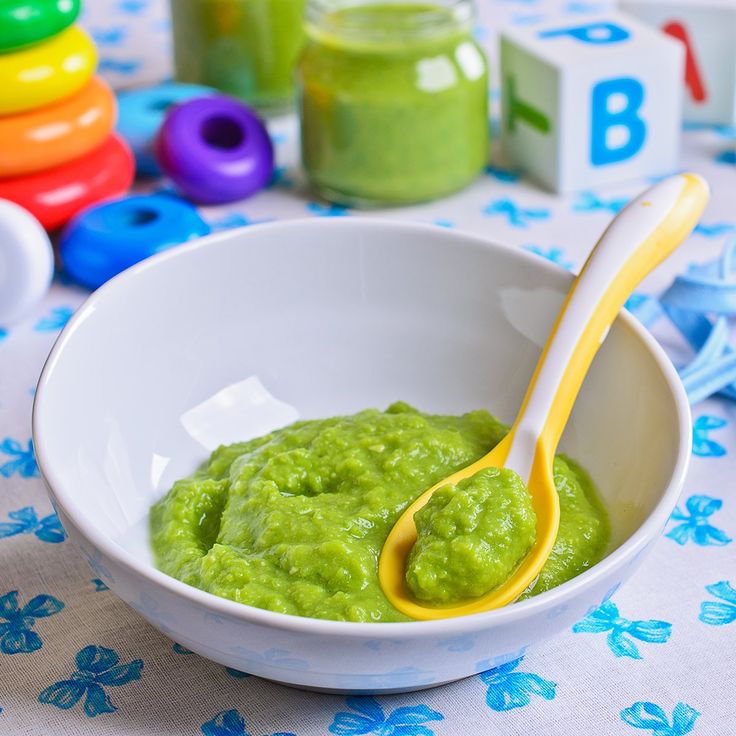 For example, it is convenient to scoop up meat and fish with a spoon, but some even at room temperature remain monolithic, as if fastened with starch. It is not easy to mix such a substance with potatoes or green vegetables. You just have to cut it into pieces with a spoon. But in any case, the food in jars is crushed as much as possible and is a homogeneous mass.
For example, it is convenient to scoop up meat and fish with a spoon, but some even at room temperature remain monolithic, as if fastened with starch. It is not easy to mix such a substance with potatoes or green vegetables. You just have to cut it into pieces with a spoon. But in any case, the food in jars is crushed as much as possible and is a homogeneous mass.
It is good when feeding a baby up to a year old. But later, when enough teeth have erupted, the food should become coarser. Reasonable exercise is very important for the health of the gums and teeth. Ready-made vegetable puree in jars is easier for everyone: parents save time on cooking, and children save energy on chewing. As a result, it turns out that upon reaching the age of two, some kids refuse salads, normal soups, vegetable stews. They still demand to puree dishes, recognizing only the usual consistency.
Adults have many problems. There is not enough time and energy for endless persuasion, you won’t leave your beloved child hungry either, no tricks (decorating dishes, disguise) help.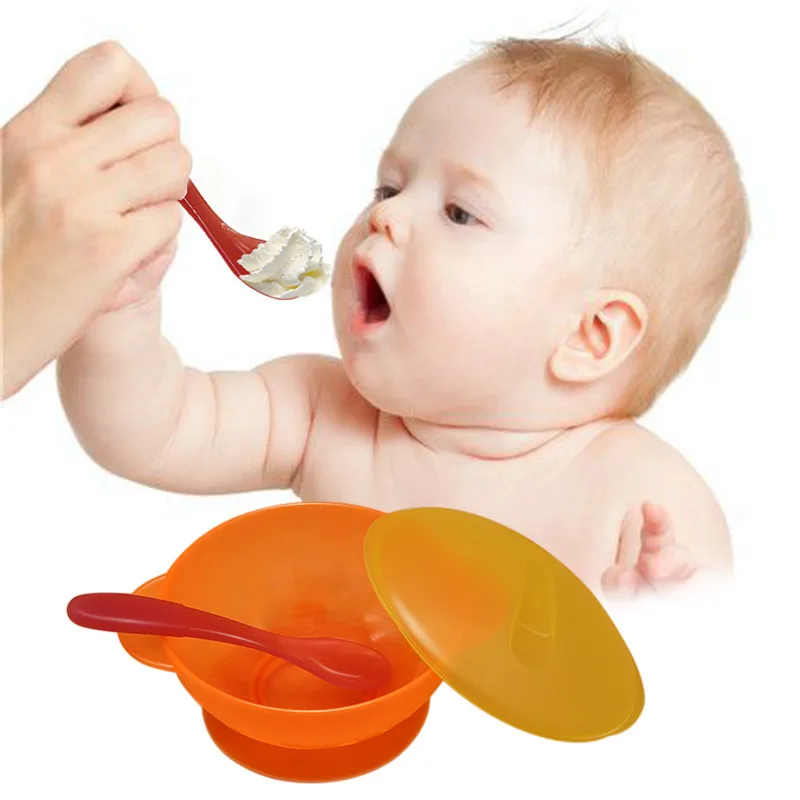 Whims at the table are dangerous. Even if the baby gives in under parental pressure, he has a great chance of choking, swallowing tears along with food.
Whims at the table are dangerous. Even if the baby gives in under parental pressure, he has a great chance of choking, swallowing tears along with food.
Another difficulty is that a "homogeneous" diet will be limited. If you pass buckwheat with meat or baked potatoes with chicken through a blender, at the output we get a very viscous, thick mass - completely unappetizing. The habit of normal food sometimes comes only with admission to kindergarten.
You can switch from canned puree to homemade puree from 8-9 months. At first, mix, say, a “canned” zucchini with boiled, grated on a fine grater. Then increase your portion by decreasing the canned portion. This will take about a week. Then, according to the same principle, we grind part of the product on a medium-sized grater, closer to a year - on a large one, or simply knead it with a fork.
Do canned children pass high quality control?
They say that buckwheat is the only crop that has not yet been disfigured by genetic modification. Vegetables abound in various additives for rapid growth and disease resistance, and livestock that will become meat are laced with antibiotics and hormones.
Vegetables abound in various additives for rapid growth and disease resistance, and livestock that will become meat are laced with antibiotics and hormones.
It can be assumed that huge fields or modern farms have been set aside especially for our babies, where they grow ingredients for safe baby food. Those who have their own vegetable gardens know how high the price of a natural product really is, because time and effort are taken into account. And if you add the costs of marketing, packaging, transportation, salaries ... Belief in "eco", "organic", and "100% natural" is rapidly weakening.
And international canning scandals confirm that in a market economy, profit remains a priority. It is worth reading the labels carefully, control the cotton when unscrewing the lid, always mix the contents to make sure there are no foreign objects.
Baby Food: One Meal for the Whole Family: A collection of answers to all popular questions
Tell a friend:
Send news
to email:
Welcome to the reading community! We always welcome your feedback on our books, and we invite you to share your impressions directly on the website of the AST publishing house.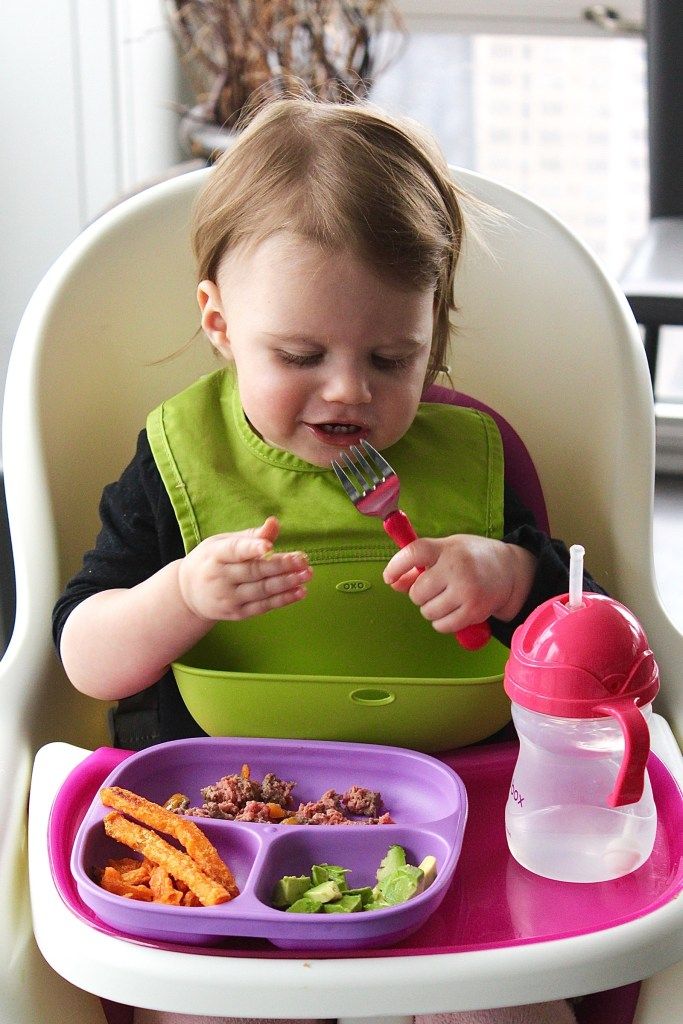 Our site has a review pre-moderation system: you write a review, our team reads it, after which it appears on the site. In order for a review to be published, it must comply with a few simple rules:
Our site has a review pre-moderation system: you write a review, our team reads it, after which it appears on the site. In order for a review to be published, it must comply with a few simple rules:
1. We want to see your unique experience
On the book page, we will publish unique reviews that you personally wrote about a particular book you read. You can leave general impressions about the work of the publishing house, authors, books, series, as well as comments on the technical side of the site in our social networks or contact us by mail [email protected].
2. We are for courtesy
If you didn't like the book, explain why. We do not publish reviews containing obscene, rude, purely emotional expressions addressed to the book, author, publisher or other users of the site.
3. Your review should be easy to read
Write texts in Cyrillic, without extra spaces or incomprehensible characters, unreasonable alternation of lowercase and uppercase letters, try to avoid spelling and other errors.
4. Reviews must not contain third-party links
We do not accept reviews that contain links to any third-party resources.
5. For comments on the quality of publications, there is a "Complaint book" button. the form "Give a complaint book."
If you encounter missing or out-of-order pages, a defect in the cover or inside of the book, or other examples of typographical defects, you can return the book to the store where it was purchased. Online stores also have the option of returning defective goods, check with the respective stores for details.
6. Review - a place for your impressions
If you have questions about when the continuation of the book you are interested in will be released, why the author decided not to finish the cycle, whether there will be more books in this design, and other similar ones - ask us at social networks or by mail [email protected].
7. We are not responsible for the operation of retail and online stores.
